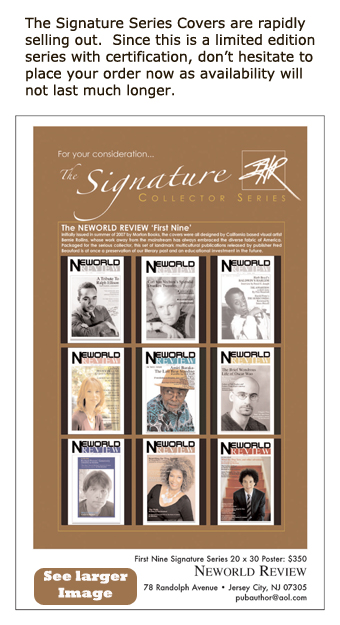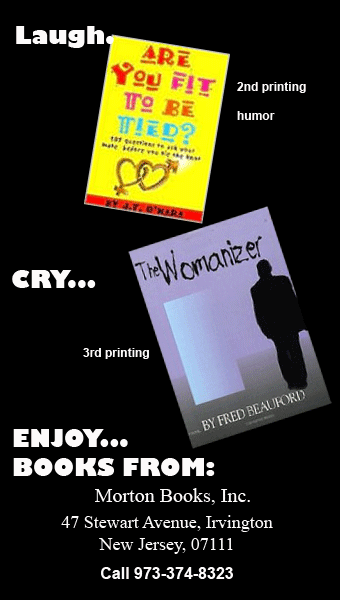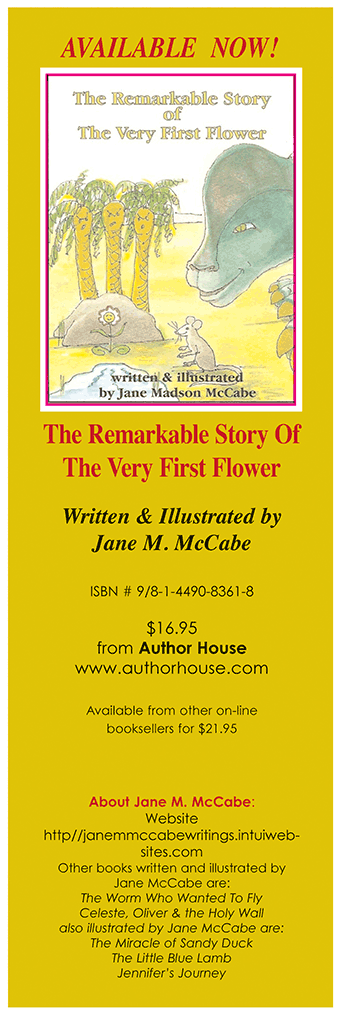REVIEWING
Reading My Father
by Alexandra Styron
Scribner | 2011 | 285 pages | $25.00
Reviewed by Sally Cobau
If staying up way too late reading is any indication of a book’s merit, then this blurry-eyed testimony--it’s the next morning—reflects the value of Reading My Father by Alexandra Styron. Although the book is not by any means a mystery, Styron plays the part of curious detective as she deciphers the truth about her enigmatic father, the brilliant, cantankerous, Pulitzer-prize winning author of Sophie’s Choice.
Reading My Father is unique among the abundance of literary memoirs in both its tone and intentions. Rather than being a “daddy dearest” tirade against an absent, sometimes frightening parent (when it certainly could have been—I’ll relay a few horrifying scenes in a moment), Styron acts like a cool archeologist, fixing an unblinking eye towards the truth. In fact, in some ways the memoir is more of a biography, as Styron recreates the world that formed the writer, carefully and gracefully exploring her father’s formative years and even going back a couple of generations.
In the aptly named Reading My Father most of the clues surrounding her father are offered in the form of the written word. So Styron goes to Duke University to the antiquated reading room to make sense of the chaotic manuscripts left there (along with 22, 500 other items in the “William Styron Papers”). Looking at the crazy disarray of the manuscripts, the reader can almost feel Styron the daughter’s hands shaking as she leafs through the pages and asks why? Why do the manuscripts have so many missing pages? Why are there so many different books? And most importantly (and tragically) why couldn’t her father finish the work he had given his life to when he’d had such an illustrious start, beginning with the publication of the much-lauded Lie Down in Darkness?
Alexandra’s early life revolved around acquiescing to the demanding needs of a father whom expected quiet while he wrote and an unwavering devotion of the family to the creative process. Although she was only a young girl while her father was working on Sophie’s Choice, she understood that Daddy’s work came first and everyone must put up with the mercurial moods which accompanied brilliance.
For example in one telling scene—family lore that was revealed later—Alexandra, the baby, was being watched by her older siblings when she fell down the basement stairs in a walker (she was found face-down, a welt rising on her head). The children were too scared to go to their napping father and waited until their mother came home to rush Alexandra to the hospital. In another scene-almost comical in its over-the-top style—William Styron throws away the junk food his daughter has been eating for years and rants about her TV watching. Soon enough things return to normal with Alexandra watching TV and eating the junk food. If anything, this reveals how her father would focus his piercing eye on a subject, only to ignore that very subject soon afterwards.
Yet, having a father who wrote Sophie’s Choice did have its rewards. When the book came out it was a huge success, propelling her father into literary stardom. He won the Prix de Rome, American Book Award, Pulitzer Prize, and the Howells Medal from the American Academy of Arts and Letters, among others. When the movie starring Meryl Streep came out, more accolades followed.
Alexandra, who was a young teen at the time, felt enormous pride in her father, almost as if the varnish of his luck would rub off on her. (And perhaps the sacrifices she, her siblings, and mother made during the writing of the book felt justified.) She bragged to her friends at her private school about the famous writers and singers who showed up for dinner at her house—Joan Baez, Nabokov--and casually, but deliberately showed off the copy of her very own Sophie’s Choice.
However, when she finally got down to reading the book, she was absolutely mortified by the sexuality of the writing and put it down after one particularly erotic scene. She writes, “After school I quietly placed the galleys on the kitchen side table. I didn’t return to Sophie’s Choice for another twenty-five years.”
The droll humor reflected here and throughout Reading My Father is one of the joys of reading the book. The baby of the family, Alexandra relied on the macabre wit she shared with her father to placate him and sometimes relieve him of his despair. She writes, “Daddy’s humor—not cheerfulness but his gimlet-eyed gift for irony—died a slower death than his sanity. Even when he was almost unreachable in his anguish, he could appreciate the occasional absurdities of his situation.” In this case the absurdities take place on the psychiatric ward of Yale-New Haven hospital.
But how did such a promising writer end up in the psych ward, a man in desperate need of ECT or shock therapy? Alexandra Styron lovingly and painstakingly researches the life of her father, from his early childhood he considered idyllic to his mother’s death from cancer, through his military service. She reflects on the intellectual prowess of her grandfather and the spiritedness of her grandmother. She traces his time through New York, especially conjuring the time he spent in an apartment that would work itself into Sophie’s Choice.
In some sense Alexandra Styron tries to remove herself of emotion as she traces the early life of her father. Maybe because of this, the book doesn’t have the kick that it does when she squarely places herself in the middle of the action. I liked the book best when the biography of the father Styron merged—often disastrously—with his cheeky daughter. On more than one occasion Alexandra Styron wonders if her father, whose demands for solitude was paramount, was cut out for fatherhood in the first place: “The monomaniacal (usually male) artist is a familiar image. Even I can see the curious romance in the image of the brilliant writer so consumed in his work he hardly notices his loved ones mooning around in the shadow of his neglect. O’Neill, Melville, Hemingway—their reputations weren’t diminished but rather cemented by evidence of messy domestic scenes…Whether or not my father ought to have had children is a question upon which, as a chief beneficiary of his largesse, I cannot opine.”
And Styron did indeed mingle with the great men of his generation—novelists, politicians, and musicians were abundant fixtures at dinners overflowing with glamour (and alcohol). The suggestion that the work these men were doing was “important” wasn’t questioned, as they left bruised women and fragile children in their wake. Sometimes the children were simply shipped out if they didn’t conform to their parents’ ideals (one child of a famous writer who had Down’s syndrome was institutionalized). Alexandra Styron doesn’t fault the parents for sending him there—it was what was done at the time—but she faults her parents for never discussing this.
There are many photographs throughout the book and I found myself drawn to them, mesmerized by what they revealed about the relationship between Alexandra and her father. On the cover photograph, a very young Alexandra in a long, fancy dress—hair wild, eyes bright-- stares with rapt attention at her good-looking father who is clearly telling her some story, his hands gesturing.
She writes about her father scaring the bejeezus out of her with ghost stories, but in this picture an impish looking Alexandra is all smiles. The joy between the two of them is apparent, a gleaming happiness. So the answer to whether or not Styron should have had children (or indeed if the philanderer should have married—our pity as readers goes out to his wife more than his children perhaps; Rose was his pillar of sanity, intellectual companion, stalwart friend even as he raged horrifically) seems moot in the quivering emotion that hovers in this picture and throughout the memoir. In spite of their father’s indifference, selfishness, and anger, it’s telling that all his children came to him when he got sick. One feels that he loved them as much as he was capable of, with a wild love that was full-throated if unpredictable.
For William Styron not finishing the stories that haunted him created a nagging sense of shame. The scattered papers reveal not one, but four unfinished novels. But what he did write made him famous and beloved—and no book probably affected a larger audience than Darkness Visible, Styron’s memoir about depression. Years after the slim book was published he received fan mail, creepy mail, mail from suicidal folk who wanted something from him, some glimmer of truth that a wise author could reveal (the book was published when there was still a hush around depression and the book helped relieve the stigma of mental illness).
But no book’s story affected our collective unconscious more than Sophie’s Choice. I made the mistake of telling my nine-year-old daughter the plot of Sophie’s Choice. Like a scab to be picked, she wanted me to repeat the story over and over, revelling in the existential impossibility of the situation. Like that story, Alexandra Styron had to delve into the story of her father’s life to make sense of her journey from horse-loving girl to actress to writer. From early on in her father’s illness she knew that a part of her father’s story was her own, something she could master and make bloom in the telling.




